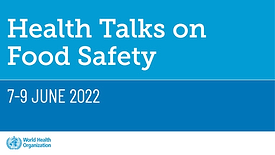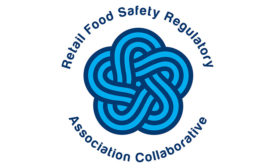Home » Keywords: » collaboration
Items Tagged with 'collaboration'
ARTICLES
The Retail Food Safety Collaborative: Putting Collaboration into Action at Retail
Honing a strategy for reducing risk at consumer contact
June 20, 2021
Never miss the latest news and trends driving the food safety industry
eNewsletter | Website | eMagazine
JOIN TODAY!Copyright ©2025. All Rights Reserved BNP Media.
Design, CMS, Hosting & Web Development :: ePublishing








